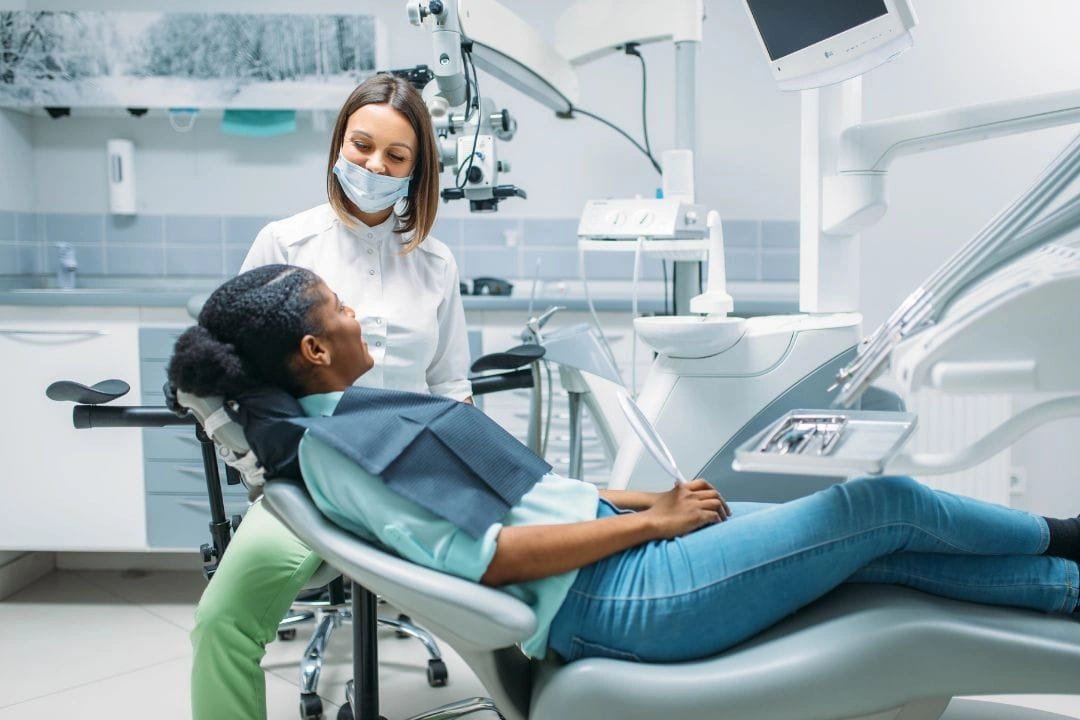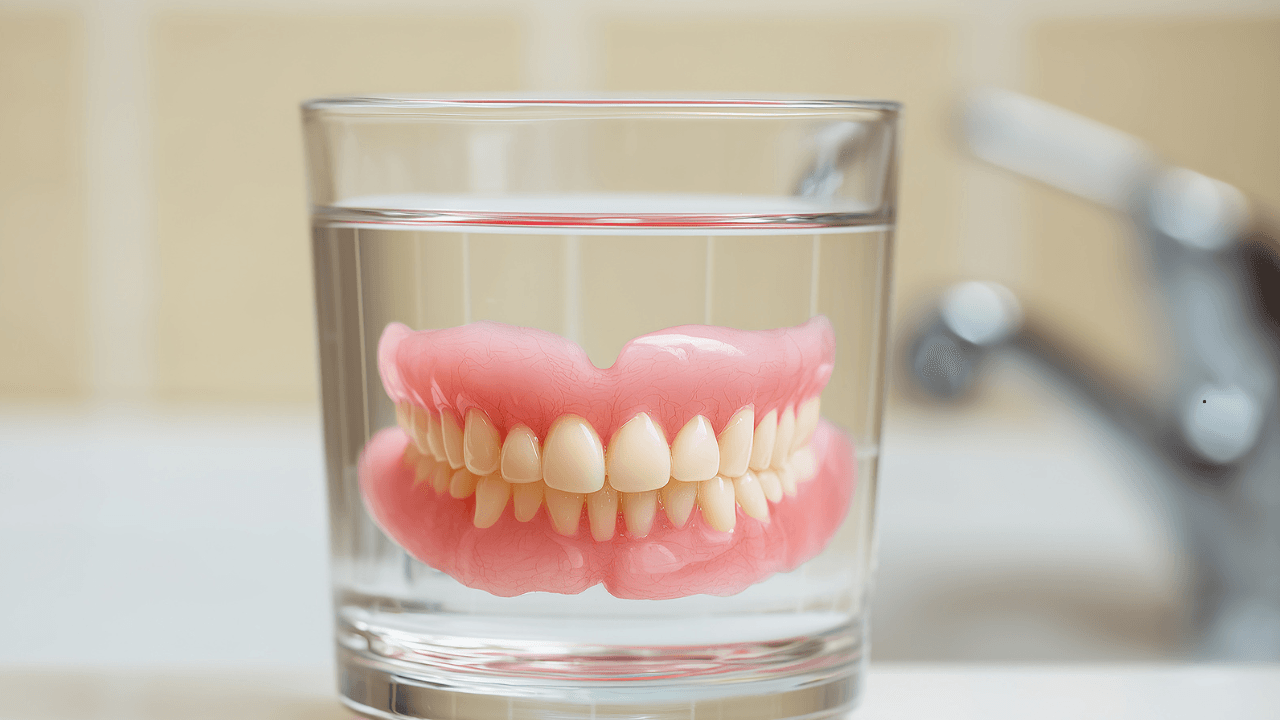Every visit to the dentist should prioritize your long-term dental health. It’s not just about fixing problems. It’s about preventing them. Preventive dentistry comes first in every general dental visit. It focuses on stopping issues before they start. You keep your teeth and gums healthy. A Castle Hills Forest dentist emphasizes prevention. They check for signs of decay or gum disease. Early detection saves you from future pain. You avoid complicated procedures. Regular cleanings and exams are key. They keep your mouth free from plaque buildup. You reduce the risk of cavities and gingivitis. This proactive care is simple but effective. You protect your smile and overall well-being. By focusing on prevention, you invest in your health. It’s a small step that makes a big difference. Remember, a healthy mouth leads to a healthier life. Your dedication to preventive care ensures a brighter, pain-free future.
Benefits of Preventive Dentistry
Preventive dentistry offers many benefits beyond just a clean mouth. It saves you time and money. You avoid expensive treatments like root canals or crowns. Your regular check-ups reduce the need for emergency dental visits. Over time, preventive care can lower costs for dental care.
Another benefit is increased comfort. Nobody enjoys the pain of a toothache or the anxiety of an unexpected dental issue. Regular dental visits prevent many of these issues. You also gain peace of mind knowing you are doing your best to maintain your dental health.
Components of Preventive Dentistry
Preventive dentistry includes several components. Each plays a role in keeping your teeth and gums healthy:
- Regular Check-ups: These visits help identify potential issues early. You stay informed about your oral health.
- Cleanings: Professional cleaning removes plaque and tartar that regular brushing can’t. It keeps your gums healthy.
- Fluoride Treatments: Fluoride strengthens your teeth. It helps prevent cavities.
- Dental Sealants: These protect the chewing surfaces of your teeth. They’re effective in preventing decay.
- Education: Learning proper brushing and flossing techniques helps you maintain good habits at home.
Comparison of Preventive and Reactive Dentistry
Aspect | Preventive Dentistry | Reactive Dentistry |
|---|---|---|
Focus | Prevent issues before they start | Treat issues after they occur |
Cost | Lower over time | Higher due to extensive treatments |
Comfort | Maintains comfort | Potential for pain and discomfort |
Time | Regular, short visits |
The Role of Nutrition and Oral Hygiene
Nutrition plays a crucial role in preventive dentistry. A balanced diet supports strong teeth and gums. You should prioritize foods rich in calcium and vitamin D. They help in keeping your teeth healthy. Limiting sugar intake reduces the risk of cavities. Also, drinking plenty of water helps wash away food particles and bacteria.
Maintaining oral hygiene is equally important. Brushing twice a day and flossing daily remove plaque and food particles. These habits reduce your risk of decay and gum disease. Using an antibacterial mouthwash can give added protection. Consistent oral hygiene habits are your first line of defense in preventive dentistry.
For more details, you can visit the Centers for Disease Control and Prevention website for tips on maintaining oral health.
Conclusion
Preventive dentistry is essential for maintaining a healthy mouth and avoiding costly dental procedures. By prioritizing preventive measures, you not only protect your oral health but also enhance your overall well-being. Regular dental check-ups, cleanings, and good oral hygiene habits are simple steps with significant long-term benefits. Embrace preventive care today for a healthier tomorrow.



